#Government
North of the Border, Taxpayer Cash Prepares to Flow to EV Buyers
That headline was originally typed as “government cash,” except that wouldn’t be quite accurate, would it? Canada’s federal government tabled its budget Tuesday, and within those dry, dry pages was a helping hand for the struggling electric vehicle segment. While two of the country’s 10 provinces offer their own EV rebates (Ontario used to pony up a princely sum until a change in government last year saw the program kiboshed), there was never a federal program to stimulate the sale of green vehicles.
How does $5,000 pooled from your friends and neighbors sound? Good? Hold your horses, Tesla fans. You don’t apply.
Trump's No Fan of Autonomous Vehicles, Like Most Other People
Donald Trump apparently belongs to the 71 percent of Americans who remain averse to the thought of riding in self-driving cars. It’s a position that appears to be incongruous with the National Highway Traffic Safety Administration’s deregulation strategy. But there’s always a little room for someone’s personal preference to exist in tandem with public policy. At least, there used to be.
Considering the president’s involvement in American industrial matters routinely make him the central focus of auto-related topics, we’ll keep this one relatively brief. But the accompanying details of this story are too interesting to simply ignore.
QOTD: Are You Willing to Let the Government Ride Shotgun?
It already does, in a sense, but you’re only punished for exceeding a posted speed limit if the long arm of the law catches you in the act.
Flashing lights in the rear-view or a photo radar ticket in the mailbox can ruin our day, but the relative absence of cops and cameras on most roadways means most of us can still “make good time” on our journeys. However, with pedestrian fatalities on the rise (and governments across the country looking for easy fixes), some lawmakers might find inspiration from Europe.
Just the other day, Ronnie told us of the decision by European Parliament to mandate speed limiters on all cars. Are you willing to drive Miss Daisy, all the time, to help your fellow man?
European Parliament Mandates Speed Limiters on All New Cars
Since speed limits were introduced, people who don’t really “get” driving have wondered why a car’s power isn’t restricted so it can’t exceed those selfsame speed limits. For most drivers, that’s a nightmare scenario, but it appears to becoming reality for European drivers.
UK based Evo.co.uk is reporting that, after approval by key members of the European Parliament of regulations proposed by the European Transport Safety Council, speed limiters and data loggers will now be mandatory equipment on all new cars. The European Parliament’s Committee on Internal Market and Consumer Protection voted in favor of mandatory vehicle safety standards that could be in force within three years. Negotiations between the Parliament, Member States and the European Commission will determine how the new regulations are implemented.
Ford Opens Investigation Into Fuel Economy Testing Procedure, Hires Outside Help
Ford Motor Company has reason to believe a problem may exist in how the company calculates vehicle fuel economy and emissions.
The automaker has hired an outside firm to help get to the bottom of the issue, which was raised by employees, and has already notified the Environmental Protection Agency and California Air Resources Board of the probe, Ford claims. It insists this isn’t about sneaky defeat devices; rather, road load is the issue here.
Constitutional Battle Ends With Supreme Court Ruling in Land Rover Owner's Favor
You can’t fight city hall, the saying goes, but you apparently can fight the state of Indiana in the U.S. Supreme Court and win. That’s what former addict Tyson Timbs learned today, after the Court returned a unanimous decision that overturned a ruling by the Indiana Supreme Court.
It seems the Eighth Amendment’s Excessive Fines Clause does apply to individual states. The fight that began over a seized $42,000 Land Rover led to a victory for those fearing financial ruin from sky-high fees, fines, and asset seizures.
Detroit City Council Bans Autorama Bandit Jump Over Seemingly Nonexistent Confederate Flag
Until Tuesday, organizers of the 2019 Detroit Autorama were planning on opening the show on March 1st with a car jump by a replica Smokey and the Bandit Trans Am Firebird. A couple of years ago, the Autorama featured a jump of a Dukes of Hazzard “General Lee” Charger replica, to considerable press coverage, including here at TTAC.
This year, the same group of car enthusiasts that put on the General Lee jump, Northeast Ohio Dukes, was going to be back on Atwater Street behind Cobo Hall, only with a black and gold Pontiac, not an orange Dodge. When it comes to famous fictional car jumps, the Bandit’s Mulberry Bridge leap is right up there with the General Lee’s vault in the Dukes’ opening credits, and the Autorama jump was going to be part of a more general tribute at the custom car show to the late Burt Reynolds, a Michigan native, who starred in SATB.
Detroit’s City Council, though, has put a kibosh on the jump, apparently over a nonexistent Confederate battle flag, voting 7-1 to reject the jump. In the 1977 film, the black and gold Trans Am wears a period-correct Georgia license plate on the front of the car. The plate’s Confederate war banner offends current woke sensibilities.
Don't Think We Won't Fire Back, EU Warns U.S. After White House Receives Key Auto Import Report
The showdown between the European Union and United States over auto tariffs reminds this viewer of Charles Bronson and Henry Fonda in Once Upon a Time in the West, and with good reason. Both players appear ready to reach for their Colt Single Action Army in a bid to do maximum damage to the other.
After the U.S. Commerce Department delivered a confidential report to the White House on Sunday, the EU is warning its trading partner that any tariffs imposed on European-built vehicles will be met with similar levies on American goods.
40 Countries Agree - Automatic Braking Should Be Mandatory
Forty countries, led by Japan and the European Union, have agreed to require passenger cars and light commercial vehicles to come equipped with automated braking systems starting as soon as 2020.
According to the United Nations Economic Commission for Europe (UNECE), the new regulation will become compulsory for all countries that adopt it during an upcoming June session. However, the measure will only apply to vehicles operating at “low speeds,” which the U.N. claims is anything under 42 mph.
Rocked by GM's Plant Cull, Ontario Seeks to Shore Up Its Auto Sector
General Motors’ decision to stop the flow of product to Ontario’s Oshawa Assembly plant by the end of 2019 has the province’s government promising cash and a slew of measures to keep the auto industry alive north of the border.
Ontario holds the bulk of Canada’s auto-related manufacturing jobs, with the sector adding up to nearly one-fifth of the province’s manufacturing GDP. Vehicles and parts made up 28 percent of its trade exports in 2015. On Thursday, the Ontario government rolled out the first phase of a 10-year plan to firm up the industry and make automakers reconsider Mexican investment.
Ram Owner Named Assman Sticks It to The Man
You can’t keep Dave Assman down. After repeatedly having his request for a personalized license plate rejected for being too offensive, the Saskatchewan Ram owner decided to advertise his family name in a manner no one can miss.
While Assman’s provincial government insurer won’t greenlight a plate, there’s nothing they can do to stop him from displaying an image of the plate that dare not speak its name, loud and proud, on the vehicle itself. Take that, bureaucratic puritans.
FCA Paid $77 Million in Civil Penalties to Sell Cars People Actually Want to Buy
Fiat Chrysler Automobiles paid $77 million in U.S. civil penalties late last year due to its failure to adhere to 2016 model year fuel economy requirements. In December, the National Highway Traffic Safety Administration (NHTSA) issued a report claiming the industry faced millions in fines from 2016 and that one manufacturer was expected to pay significant civil penalties.
You can probably guess which one. But FCA is by no means the only automaker affected by stringent fuel rulings.
National Transportation Safety Board Makes Biennial Recommendations in 'Most Wanted List'
The National Transportation Safety Board (NTSB) has released its “Most Wanted List” of Transportation Safety Improvements it would like to see implemented by 2020, placing the obligatory emphasis on enhanced safety regulations. While it’s not surprising that a safety board would be a stickler on the public’s welfare, the NTSB is pushing for more safety nets in an era where cars are less dangerous than ever. That meant the agency’s recommended occupant protection measures dealt more with refining infrastructure and curtailing undesirable behaviors than modifying automobiles — but there was some of that as well.
According to the NTSB, automakers, motorists, and the National Highway Traffic Safety Administration (NHTSA) should be focusing on finding better solutions to curtail distracted driving, operating a vehicle under the influence, and speeding. Then, and only then, can we achieve the NTSB’s dream of death-proof driving.
Trade War Watch: Congress Tries a New Tactic to Block Auto Tariffs
With the United States’ government shutdown now over, lawmakers have an opportunity to work together as promised. Interestingly, one of the first pieces of bipartisan legislation to emerge after the federal bureaucracy resumed operations involves a plan to severely limit presidential authority to impose tariffs for national security reasons.
The Bicameral Congressional Trade Authority Act, introduced by Senators Patrick Toomey (R-PA) and Mark Warner (D-VA), along with House Representatives Mike Gallagher (R-WI) and Ron Kind (D-WI), would require the president to get approval from Congress before taking any trade actions based on national security threats. If passed into law, the bill would let the Legislative Branch effectively block the tariffs being proposed by the Trump administration on automobiles and automotive parts.
Trump Officially Nominates Andrew Wheeler to Head the EPA
President Donald Trump nominated Andrew Wheeler as administrator of the Environmental Protection Agency on Wednesday, setting him up to permanently fill a position he’s already occupied since July.
Trump praised Wheeler in November his “fantastic job” as acting administrator of the EPA following the July 2018 resignation of the agency’s former scandal-ridden head, Scott Pruitt. This month, the president submitted Wheeler’s formal nomination to the Senate. There’s still a ways to go before the ex-lobbyist’s confirmation, though, as the Senate will no doubt be critical of his relatively recent ties to the coal industry.



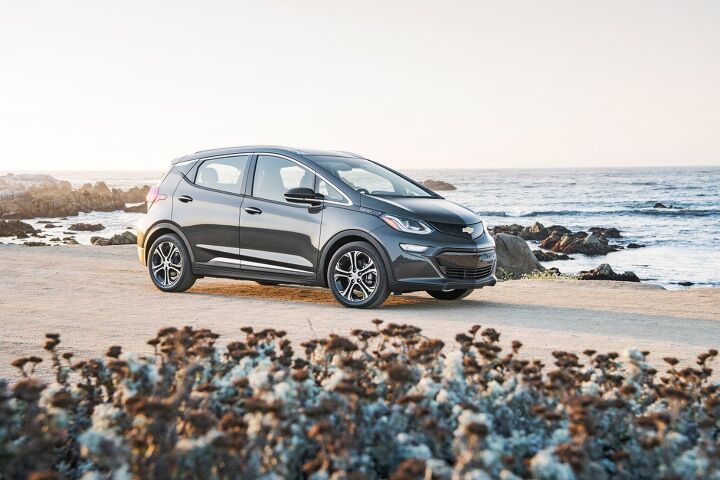


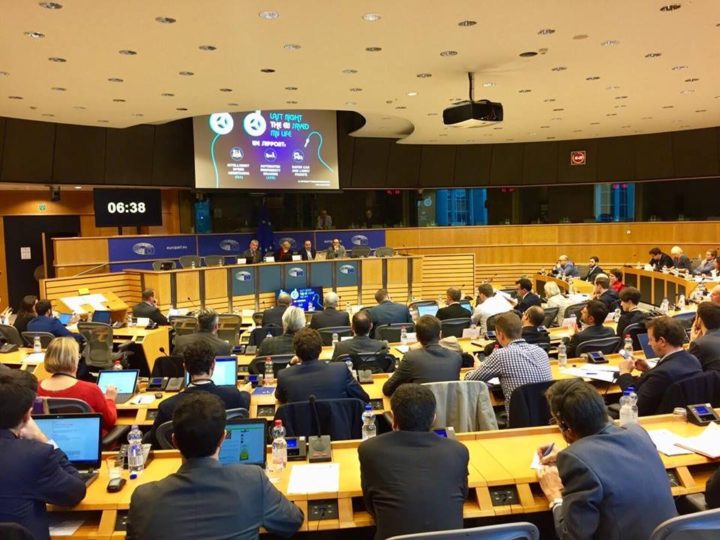

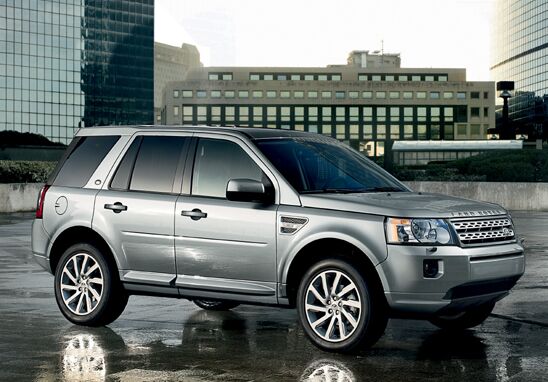

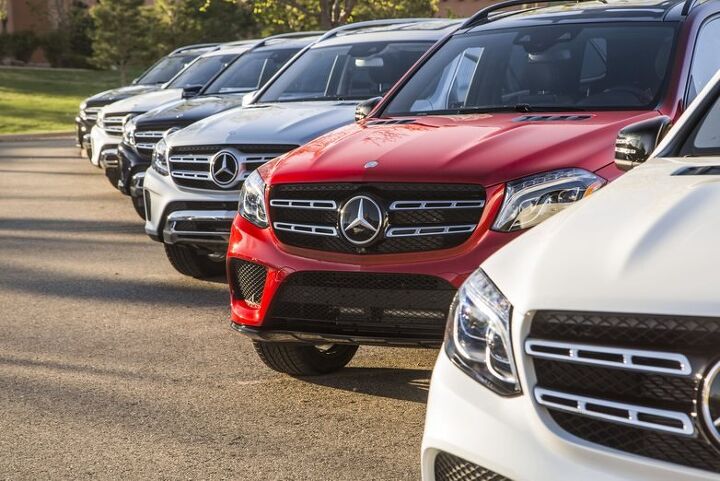

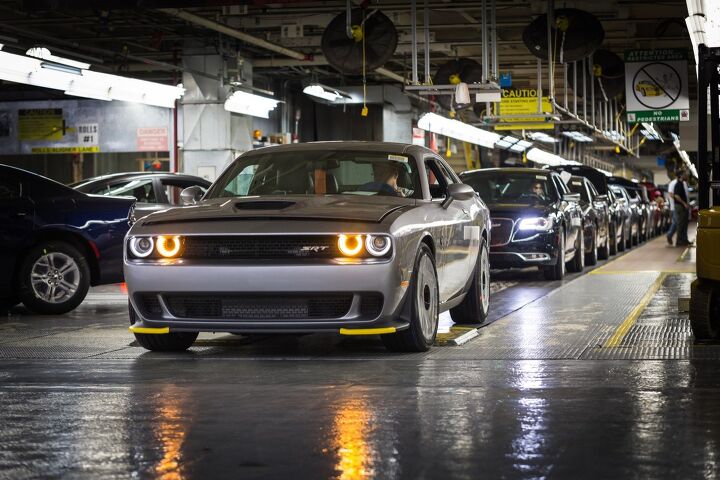
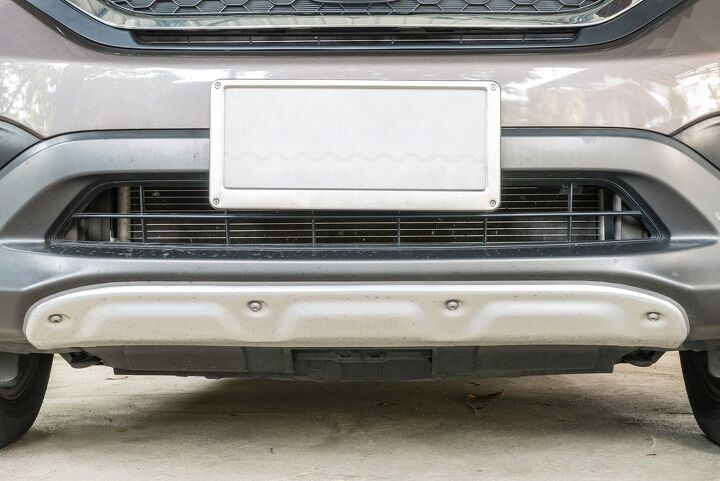
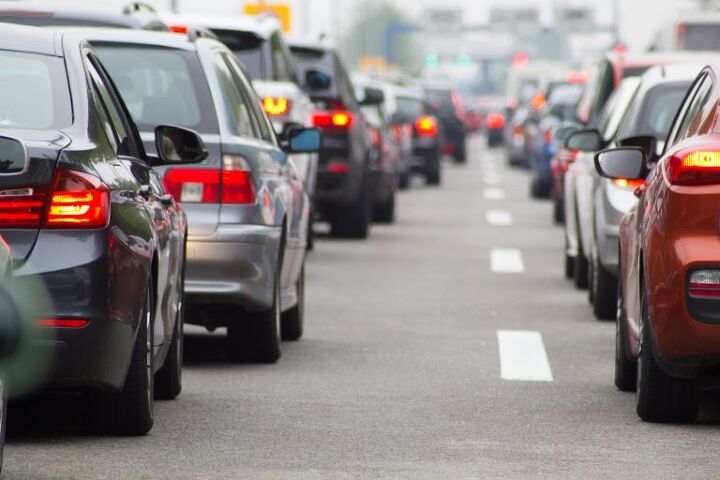














Recent Comments